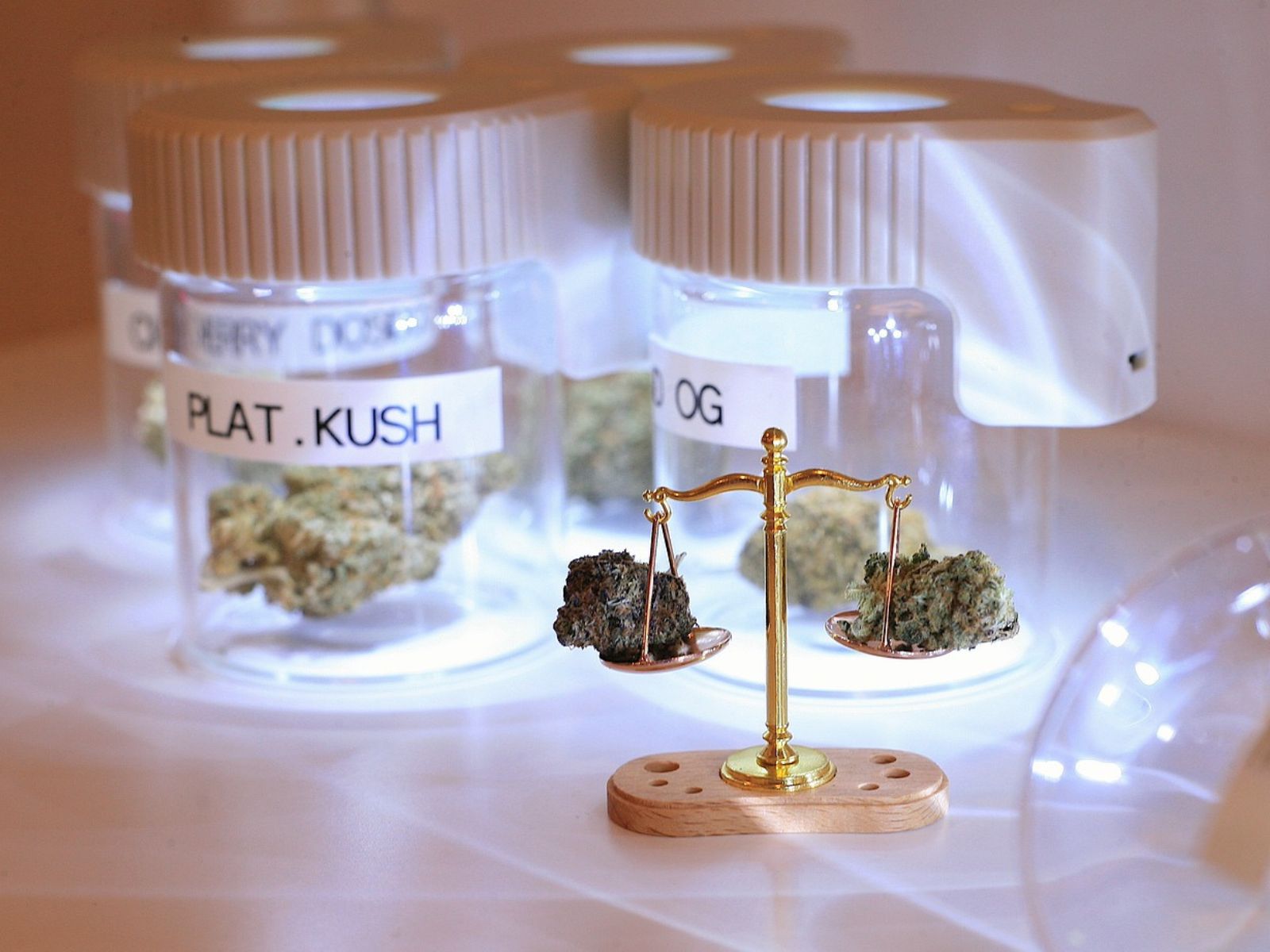Researchers in Ohio and Texas have analyzed city block-level crime data from Florida and cross examined it against ‘high volume’ dispensary locations in the state and found reductions in certain types of crime following the opening of high-volume dispensaries. Increased foot traffic was the likely reason for the decrease in crime in those areas according to the researchers.
The researchers are associated with Xavier University and University of Texas at El Paso, and their paper ‘The Heterogeneous Effects of Cannabis Dispensaries on Crime: The Importance of Foot Traffic’ was published earlier this month.
“This paper pairs exact dispensary locations with city block level crime data to study the impact of medical cannabis dispensaries on crime in the state of Florida from 2016-2019. Leveraging a Florida state law that requires broadly uniform security provisions across dispensaries, we capture important dispensary heterogeneity by incorporating customer volume and local non-dispensary foot traffic with smartphone geopositional data.” the researchers stated about their analysis.
“We use not-yet-operational dispensary locations as a control group and a geo-spatial difference-in-differences framework and find reductions in larceny, vehicle burglary, and motor vehicle theft following the opening of high-volume dispensaries.” the researchers stated about their findings.
“We fail to find evidence of similar deterrent effects near low-volume dispensaries, and instead, find larceny increases when low-volume dispensaries open in low foot traffic areas.” the researchers also stated.
“The heterogeneous results suggest foot traffic is a significant factor impacting crime near dispensaries.” the researchers concluded.
Florida is set to vote on an adult-use cannabis legalization measure this November. The measure was placed on the ballot via the state’s citizen initiative process, and due to Florida’s election laws, the measure will require at least 60% of the vote to pass.
If Florida voters do approve the measure, it would make Florida the first state in the Southern United States to adopt recreational legalization and permit retail sales to adults. According to a recent poll, the measure was receiving 66% support from surveyed Florida voters.
The State of Florida already permits medical cannabis sales, and the state has roughly 900,000 registered patients. According to cannabis industry data company Headset, “Florida could see $4.9 billion to $6.1 billion in sales during the first year of implementation (June 2025 through May 2026).”
An April 2024 market analysis by Pablo Zuanic of Zuanic & Associates projected that Florida’s cannabis industry would triple if voters approve adult-use legalization, going from the current $2 billion medical cannabis market to a $6 billion medical and adult-use cannabis market.
The nonpartisan Florida Financial Impact Estimating Conference published an analysis last July which determined that “expected retail sales of non-medical marijuana in Florida would generate at least $195.6 million annually in state and local taxes once the retail market is fully operational. It could go as high as $431 million.”
Cannabis data company BDSA is projecting that Florida’s legal cannabis market will become the second largest market in the nation by 2028, only behind California. As originally reported by Cannabis Business Times, BDSA has determined the following about Florida’s cannabis market:
- Total medical cannabis sales in 2023 topped $2.6 billion
- Currently, 647 dispensaries are serving customers
- Annual total sales will top $4.5 billion by 2028
“We think that just given the trajectory of the market so far and given how strong consumer participation growth and patient growth has been in Florida, we do think it’s a really big opportunity, and we are very confident that it’s going to be the second-biggest market by 2028,” said Brendan Mitchel-Chesebro, an analyst with BDSA, per original reporting by Cannabis Business Times.

